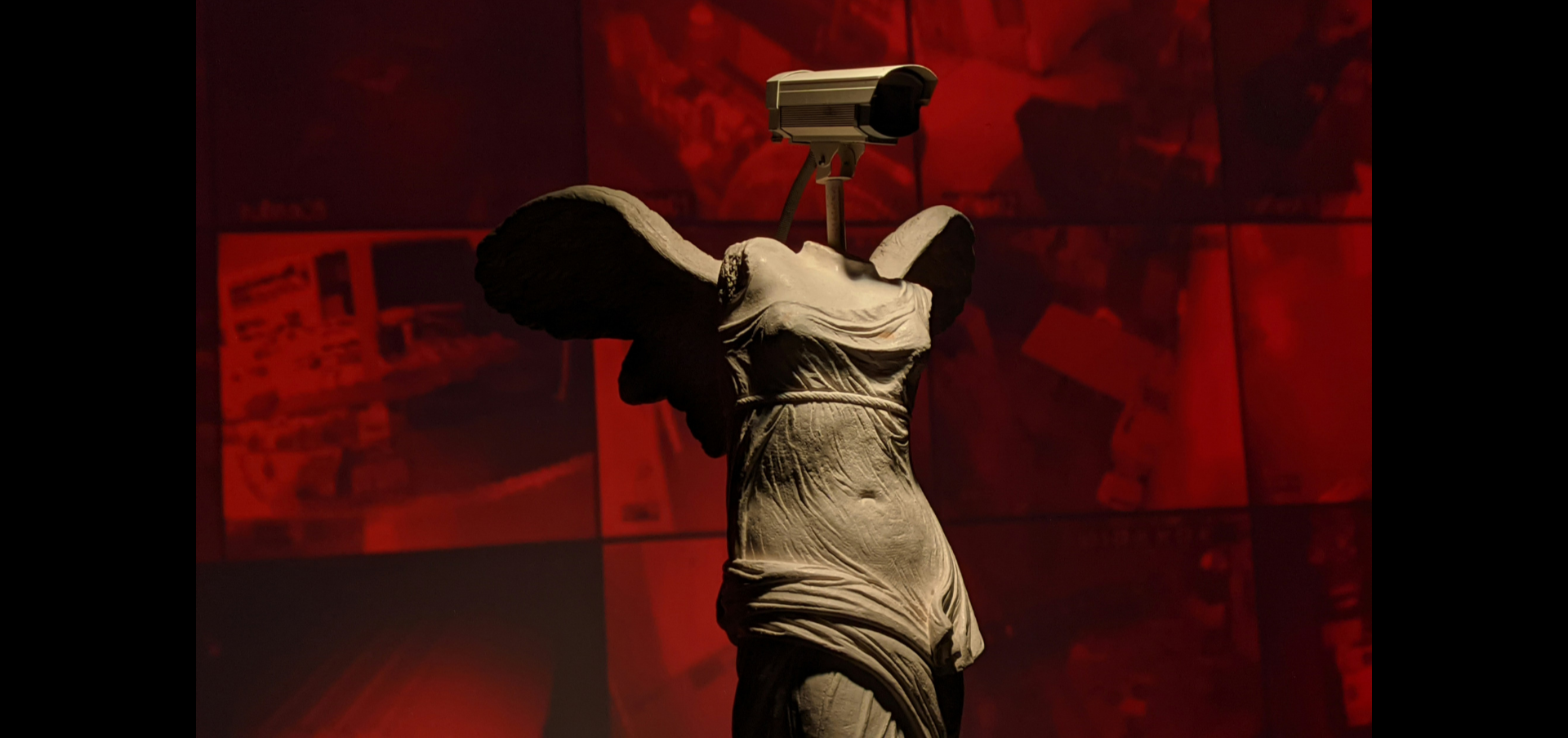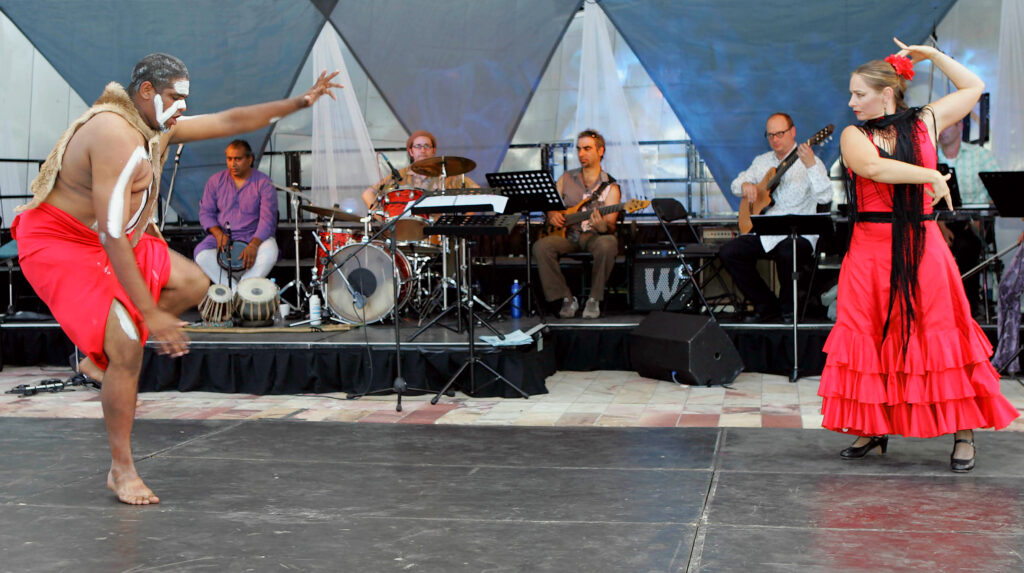
Cultural diversity is under threat. UNESCO estimates that at least 40% of the world’s languages are endangered, with an average of one language disappearing every fortnight, taking cultural heritage and whole systems of knowledge with it. UNESCO helps protect and promote cultural diversity through international cooperation and policy frameworks.
On Wednesday 17 June 2005, I delivered the opening speech to the Civil Society Forum, a biennial event held at UNESCO on the eve of the Conference of Parties to the 2005 Convention on the Protection and Promotion of the Diversity of Cultural Expressions.
Now marking its 20th anniversary, the 2005 Convention is an instrument for preserving cultural diversity, and the only binding international legal instrument that recognises civil society (as distinct from government or business) as a core pillar in the implementation of cultural policy. What’s meaningful about this is that it gives everyday citizens a forum to share their perspectives. Civil Society Organisations like Cultural Infusion are grassroots organisations with strong ties to the communities they operate within.

Cultural Infusion is currently Secretariat for the Taskforce of Civil Society Observers (CSOs) to the Convention, representing 120 international CSOs. We worked tirelessly with other CSOs to prepare Pre-Recommendations for the 2005 Convention.
The 2005 Convention holds more potential to support cultural diversity than has yet been realised. Our Pre-Recommendations aim to empower the Convention through leveraging the expertise of grassroots Civil Society Organisations like Cultural Infusion.
My opening address to the Civil Society Forum on 17 June 2025 referred to the core struggle between culture and state:
‘The modern nation-state system – made up of 193 UN member states, 2 observer states, and their dependent territories – often affords privilege to those aligned with the dominant cultural narrative.’
And I suggested that technology and conflict are evolving hand in hand – even though we can develop ethical technology to promote peace.
We are all affected by every conflict and act of aggression. Events while I was writing the speech were making it too unsafe for our Tehran-based staff to work.
Even in places apparently far from conflict zones, we’re witnessing a rise in censorship and the silencing of artists, and I referred to Creative Australia’s shocking decision to withdraw their nomination of Lebanese-Australian artist Khaled Sabsabi for the 2026 Venice Biennale, a decision that was reversed just two weeks later, on 2 July. I probed this story more fully in an article for The Mandarin.
Under the 2005 UNESCO Convention, Member States are obligated to protect cultural diversity. A just and inclusive cultural world cannot exist without spaces where artist’s voices – especially those that challenge dominant narratives – are free to express, reflect, and inspire.
The 2005 Convention is a reminder that governments must uphold and not restrict creative expression.
Cultural Infusion’s representative in Paris, Amna Ben Amara, spoke to UNESCO on 19 June on the importance of hearing from the ground, making the point that ‘real change begins when we believe in human agency.’
Cultural Infusion’s European representative Mario Chatzidaminos presented on my behalf on 19 June to underline the importance of recognising ethnic, linguistic, religious and secular traditions and diversity as essential components of the diversity of cultural expressions. Cultural Infusion has documented more than 45,000 distinct cultural markers, each a unique expression of a knowledge- and value-based system. These are not mere data points. They are the living fabric of humanity.
On 20 June, Mario introduced the Pre-Recommendations (making reference to the 17 June Civil Society Forum).
Follow the links below for more information, including our Pre-Recommendations, which will be delivered at the 2026 Intergovernmental Committee for the Convention in Paris next year. Particular thanks to Fischer Chair, Valeria Marcolin, Hiroko Tsuboi-Friedman and Amna Ben Amara for their expertise and hard work in helping to prepare these.
Share this Post

